David Toop (born 5th May 1949, Enfield, London, England) is a musician, writer and sound curator. He has published three books, currently translated into six languages: Rap Attack (now in its third edition), Ocean of Sound, and Exotica (selected as a winner of the 21st annual American Books Awards for 2000).
His first album, New and Rediscovered Musical Instruments, was released on Brian Eno’s Obscure label in 1975; since 1995 he has released six solo albums – Screen Ceremonies, Pink Noir, Spirit World, Museum of Fruit, Hot Pants Idol and 37th Floor At Sunset: Music For Mondophrenetic – and curated six acclaimed CD compilations for Virgin Records – Ocean of Sound, Crooning On Venus, Sugar & Poison, Booming On Pluto, Isolationism and Guitars On Mars. In 1998 he composed the soundtrack for Acqua Matrix, the outdoor spectacular that closed every night of Lisbon Expo ’98 from May until September.
He has recorded shamanistic ceremonies in Amazonas, appeared on Top Of The Pops with The Flying Lizards, worked with musicians including Brian Eno, John Zorn, Prince Far I, Jon Hassell, Derek Bailey, Talvin Singh, Evan Parker, Max Eastley, Scanner, Ivor Cutler, Haruomi Hosono, Jin Hi Kim and Bill Laswell, and collaborated with artists from many other disciplines, including theatre director/actor Steven Berkoff, Japanese Butoh dancer Mitsutaka Ishii, sound poet Bob Cobbing visual artist John Latham, filmmaker Jae-eun Choi and author Jeff Noon.
As a critic and columnist he has written for many publications, including The Wire, The Face, The Times, The Sunday Times, The Guardian, Arena, Vogue, Spin, GQ, Bookforum, Urb, Black Book, The New York Times and The Village Voice. He has curated Sonic Boom, the UK’s largest ever exhibition of sound art, displayed at the Hayward Gallery, London, from April to June, 2000. In 2001-02 he was sound curator for Radical Fashion, an exhibition of work by designers including Issey Miyake, Junya Watanabe, Martin Margiela and Hussein Chalayan, held at the Victoria and Albert Museum in 2001-2002 and featuring music by Björk, Ryuichi Sakamoto, Akira Rabelais, Paul Schütze and others.
[Text from Last-FM]
David Toop – A Cartographic Anomaly from Hot Pants Idol album

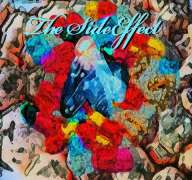 The Side Effect is a swedish trio composed by
The Side Effect is a swedish trio composed by 
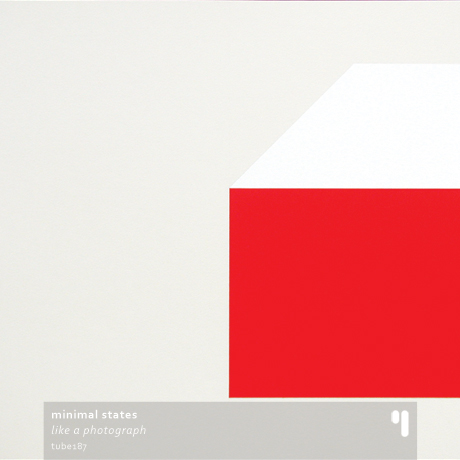
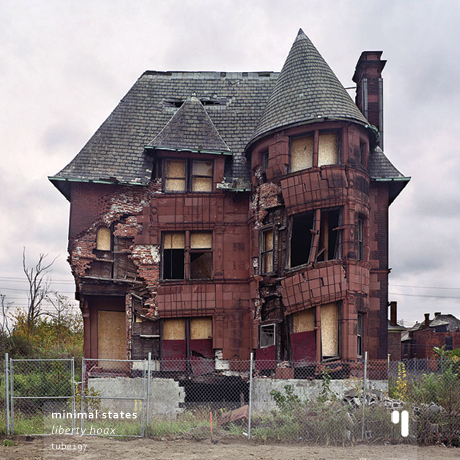
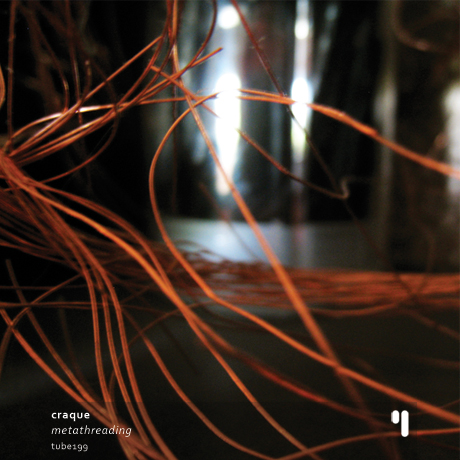 Matt’s (aka Craque) electronic music came to be regarded as a hybrid between edgy improv takes and deep IDM-ish grooves. Both languages come together through Matt’s electronics and form an intricate and complex maze of rhythms, beats and hypnotic grooves.
Matt’s (aka Craque) electronic music came to be regarded as a hybrid between edgy improv takes and deep IDM-ish grooves. Both languages come together through Matt’s electronics and form an intricate and complex maze of rhythms, beats and hypnotic grooves. «Brian Ruskin is a Ph.D in Geology (Stratigraphy branch) and at the same time a musician and producer from Pittsburgh, USA. Science and Art very close together. The music he makes as Mental Health Consumer falls right in the middle of the Electronic genre, slightly danceable and upbeat variant, without loosing too much focus but admittedly keen on experimental ambient explorations. With his music, Brian tries to achieve that special balance between the calculated and the emotive side of the mind.
«Brian Ruskin is a Ph.D in Geology (Stratigraphy branch) and at the same time a musician and producer from Pittsburgh, USA. Science and Art very close together. The music he makes as Mental Health Consumer falls right in the middle of the Electronic genre, slightly danceable and upbeat variant, without loosing too much focus but admittedly keen on experimental ambient explorations. With his music, Brian tries to achieve that special balance between the calculated and the emotive side of the mind.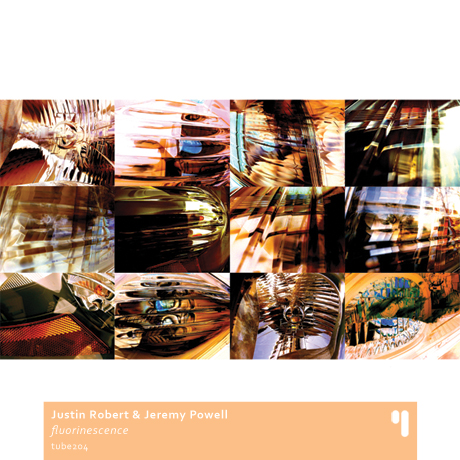 Justin Robert and Jeremy Powell are both enthusiast musicians that play live jazz for a living. Justin is a percussionist and likes to fiddle with analog synths, and Jeremy plays saxophone.
Justin Robert and Jeremy Powell are both enthusiast musicians that play live jazz for a living. Justin is a percussionist and likes to fiddle with analog synths, and Jeremy plays saxophone.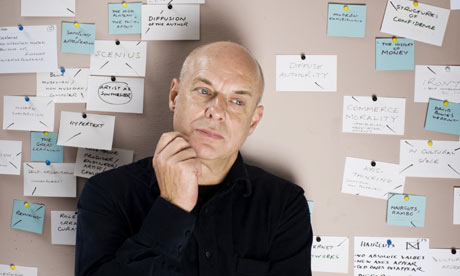 Paul Morley recently spoke to Brian Eno for a BBC arena documentary in which Eno proved that he is always good for a controversial and catchy phrase about the music industry:
Paul Morley recently spoke to Brian Eno for a BBC arena documentary in which Eno proved that he is always good for a controversial and catchy phrase about the music industry: